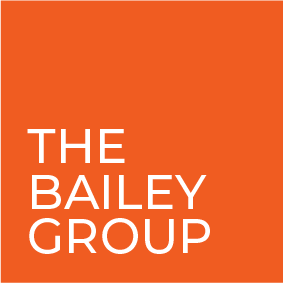
Self-Management
Self-management is perhaps the most important competency that effective leaders share. But what exactly is self-management? And how can you attain it?
Self-management begins with self-awareness. Awareness means knowing and being present with. Individuals with self-awareness are conscious of their beliefs: about themselves and the world and how their beliefs influence their thoughts, feelings, and actions. Consciousness of your beliefs puts you in control of your reality. It allows you to reflect on your beliefs, to consciously decide whether the beliefs are valid, and to change beliefs when necessary.
The implications are immense. The ability to change your beliefs means you are not doomed to be who you are today. You can change who you are. And, by changing your beliefs, you can change your thoughts, feelings, and actions. This is one of the core elements of self-management.
Notice though that this means you can no longer hide behind statements like “this is just who I am”. In fact, who you are is who you choose to be. Thus, assuming a healthy brain, you are responsible for who you are.
But the quote by Milarepa hints at an even deeper level of self-management. The root of awareness is mind. Your mind is the repository for your beliefs, and it is also where your thoughts and feelings arise.
I like to think of mind as the lens through which I see the world. Like glasses, if your lens is clear, you will see the world clearly. But if your glasses are dirty or fogged, the world will look distorted.
By the time we are adults we all have smudges and fog in our mind “lens” that create distortions in how we see the world. Here is a quote that I have on my desk that describes these distortions:
A peaceful mind sees a peaceful world.
A fearful mind sees a threatening world.
An agitated mind sees a chaotic world.
An impoverished mind sees a desolate world.
When mind is stable, we see the world as it is.
I have found two strategies to be helpful in learning about my personal lens distortions and becoming better at seeing the world “as it is”:
· Meditation
o In my daily meditation practice, I learn to stay present with thoughts and feelings and “turn to face the thrower” in Milarepa’s analogy i.e., to get to know my mind and its distortions.
· Valid leadership and personality assessments
o Assessments provide language and a way to understand and talk about who we are. Armed with the insight and language a valid assessment provides, you can learn to become an objective observer of your thoughts, feelings and actions and begin to practice mindfulness, the practice of purposely bringing one’s attention to one’s present-moment experience without evaluation. By practicing mindfulness, you can learn to experience emotions and then choose whether and how to act on them. This is the essence of self-management.
This may sound mysterious, but it really isn’t. It is however a different way than most of us are taught to understand ourselves and the world. And it suggests a new way to think about leadership development.
Interested in learning more? I would welcome a conversation with you about how learning about your “mind” can help you to “Lead What’s Next”.




